Following a tightly contested 2025 Ryder Cup loss at Bethpage Black, Keegan Bradley—the U.S. captain—has offered a candid look at his most significant regret from the week. Despite being eligible to select himself as a playing captain, Bradley chose not to, prioritizing his leadership duties. In hindsight, that decision now looms large. He admits that while he believes he made the right call for the team, a part of him still longs to have stepped onto the tee. His reflections shed light on the weight of captaincy and the regrets that can linger from high-stakes team events.
Bradley’s Decision Not to Play: What Happened
Bradley entered the 2025 Ryder Cup as captain for the U.S. team. Being within the eligible pool of players, he faced a rare situation: he could have selected himself as a playing captain—a role not seen on the U.S. side since Arnold Palmer in 1963. However, Bradley opted to abstain from playing. He cited the demanding nature of captain duties—pairings, team strategy, media obligations, and mindset shifts—as incompatible with optimizing his playing condition. Still, he acknowledges now that watching from the sidelines stirred internal conflict.
Reflecting days after the event, Bradley recounted how on the first practice day he watched his players together down the fairway and felt, “I wish I was playing. That’s what this is all about.” That moment became symbolic of his regret: the thrill of playing lost to the demands of overseeing. Though physically exhausted by day two, he says he will forever wonder: “What if I had played?”

The Emotional Aftermath of Defeat
The U.S. team’s loss to Europe, 15–13, struck a heavy emotional chord. The Americans made an impressive comeback on the final day—sweeping all but one singles match—but the margin of victory remained out of reach. Bradley admitted this will be something he carries for the rest of his life. “When you win, it’s glory for a lifetime. When you lose, you sit with it for the rest of your life.”
He called the experience among the toughest of his career, noting the combination of public expectation, team responsibility, and personal regret created a perfect storm of emotion. The fact that his biggest regret was not tactical or pairing-related—but rather his own absence on the field—shows the depth of his internal conflict.
What He Regrets Most
Not Playing Himself
Bradley says his dominant regret is simpler than some might expect: he wishes he had allowed himself to play. Despite the pragmatic reasons for not doing so, the pull of competition haunted him. He states that in his mind, being part of the team on the tee and being inside the match was what the Ryder Cup is all about.
Physical Readiness & Exhaustion
Although he qualifies to play, Bradley acknowledged he would have faced top competition and perhaps depleted reserves. By day two of the event he says he felt physically drained—“Good thing I wasn’t playing,” he mused—because carrying both roles would have compromised his effectiveness. That admission shows the tension between desire and practicality.
Leadership vs. Locker-Room Camaraderie
Another layer of regret: as captain, Bradley had to watch his players rather than be among them. He described walking along the practice tee and seeing teammates together and realizing he’d forfeited that shared experience. The role of captain demands different priorities, but that separation weighed on him.
Leadership Lessons from the Cup
Bradley’s reflections offer lessons in leadership under pressure:
-
Self-sacrifice for the greater goal: he prioritized team duties over personal ambition, even though it left him unsettled.
-
Honesty with self: he acknowledges the trade-off and its emotional cost candidly.
-
Physical awareness: recognizing his limits and making a strategic call—even if it stings.
-
Legacy vs. present moment: The decision to lead rather than play may shape how he is viewed in history, but the personal regret reveals a human dimension behind the role.
The Match Week Unpacked (Briefly)
-
The U.S. side entered the competition as strong favorites, given home advantage and a talented roster.
-
However, Day 1 and Day 2 (foursomes and four-balls) went poorly: the Europeans built a large early lead.
-
On Sunday in the singles, the Americans mounted a strong surge—winning 8.5 of the 12 points available—but the deficit was too large to erase.
-
External commentary pointed to course-setting decisions, team dynamics, and pairing choices as contributing factors—but for Bradley, the regret stems less from tactics and more from participation.
Why This Regret Matters
The Psychological Toll of High-Level Team Sport
In major individual-sport events turned team format (like the Ryder Cup), the weight of leadership, expectation, and outcome often exceed what statistics show. For Bradley, not participating impacted more than just his playing legacy—it touched his sense of belonging and contribution.
The Captains-Playing Paradox
Playing captains are rare. They carry dual burdens of strategy and physical execution. Bradley’s decision not to play reveals how modern formats may discourage this tradition—captains who also play must balance conflicting roles, and the toll can be heavy.
Legacy Implications
In the years ahead, Bradley will be remembered for his leadership—but he’ll also carry an unfulfilled playing urge. That duality gives insight into how elite competitors measure success: not just by victories, but by unchased possibilities.
What Comes Next for Bradley and Team USA
-
Reflection and Learning: Bradley indicates the lessons from Bethpage will shape future captains, pairing strategy, and preparation.
-
Personal Playing Future: At age 39 during that Ryder Cup, Bradley is conscious that his window to play may be closing—but says he “would really enjoy playing in one more” though uncertain if it will happen.
-
Team Culture Rebuild: USA’s loss may prompt deeper evaluation of team cohesion, pairing analytics, and leadership structures.
-
Public Vulnerability as Strength: Bradley’s open admission of regret adds authenticity to his leadership style and may help engage players and fans more deeply.\

Keegan Bradley’s revelation about his regret offers a rare glimpse into the emotional complexities of elite sport. It's not the headline risk of pairing decisions or course settings that he laments most—it’s the part he didn’t —the act of stepping into the competition himself. That decision, and the doubt it spawns, underscore the human side of leadership in sports: the ambition, the sacrifice, the ‘what-if’ moments. For Bradley, the loss at Bethpage Black is not simply a defeat in score—it's a personal story of what he chose not to do, and what he continues to feel because of it.

 Vietnamese
Vietnamese


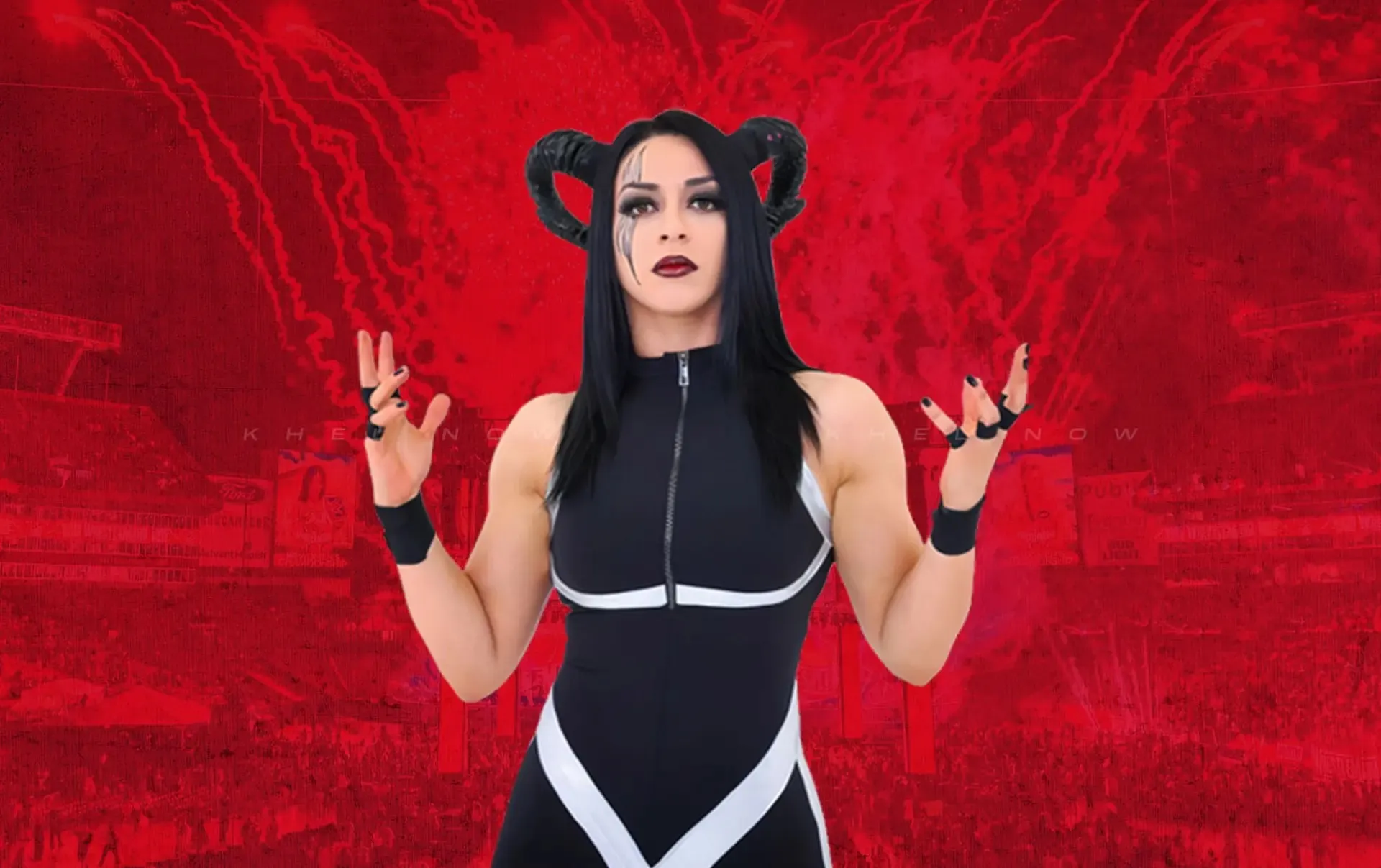
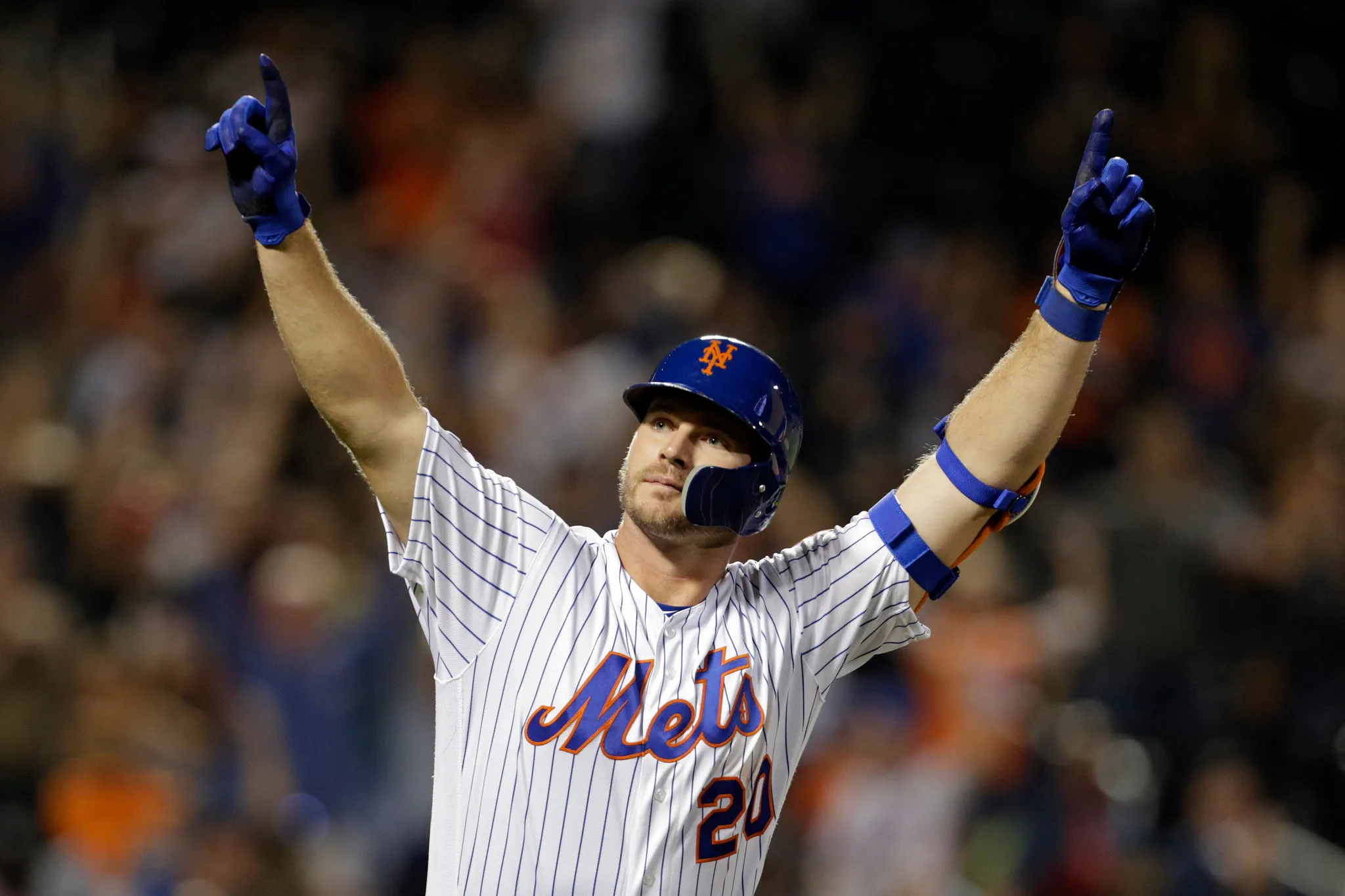
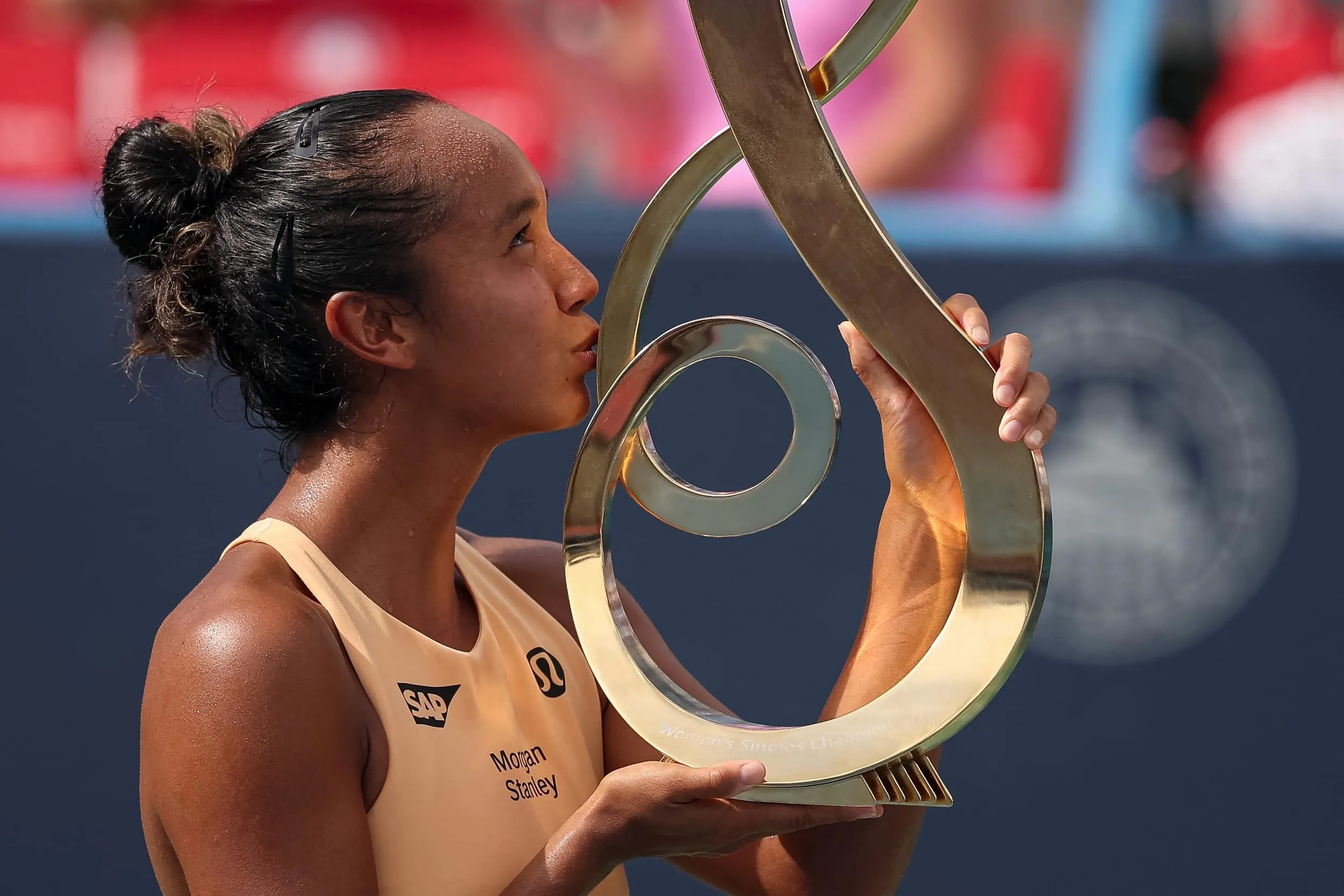
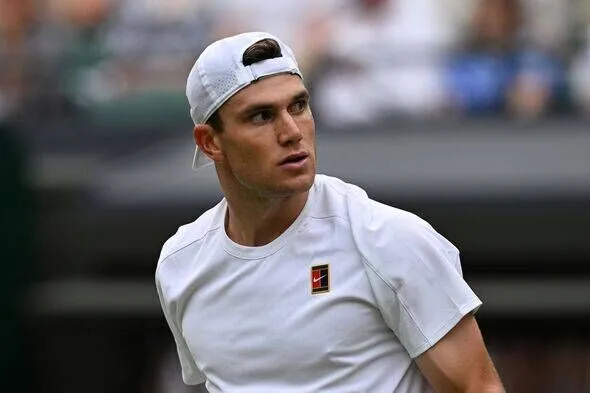
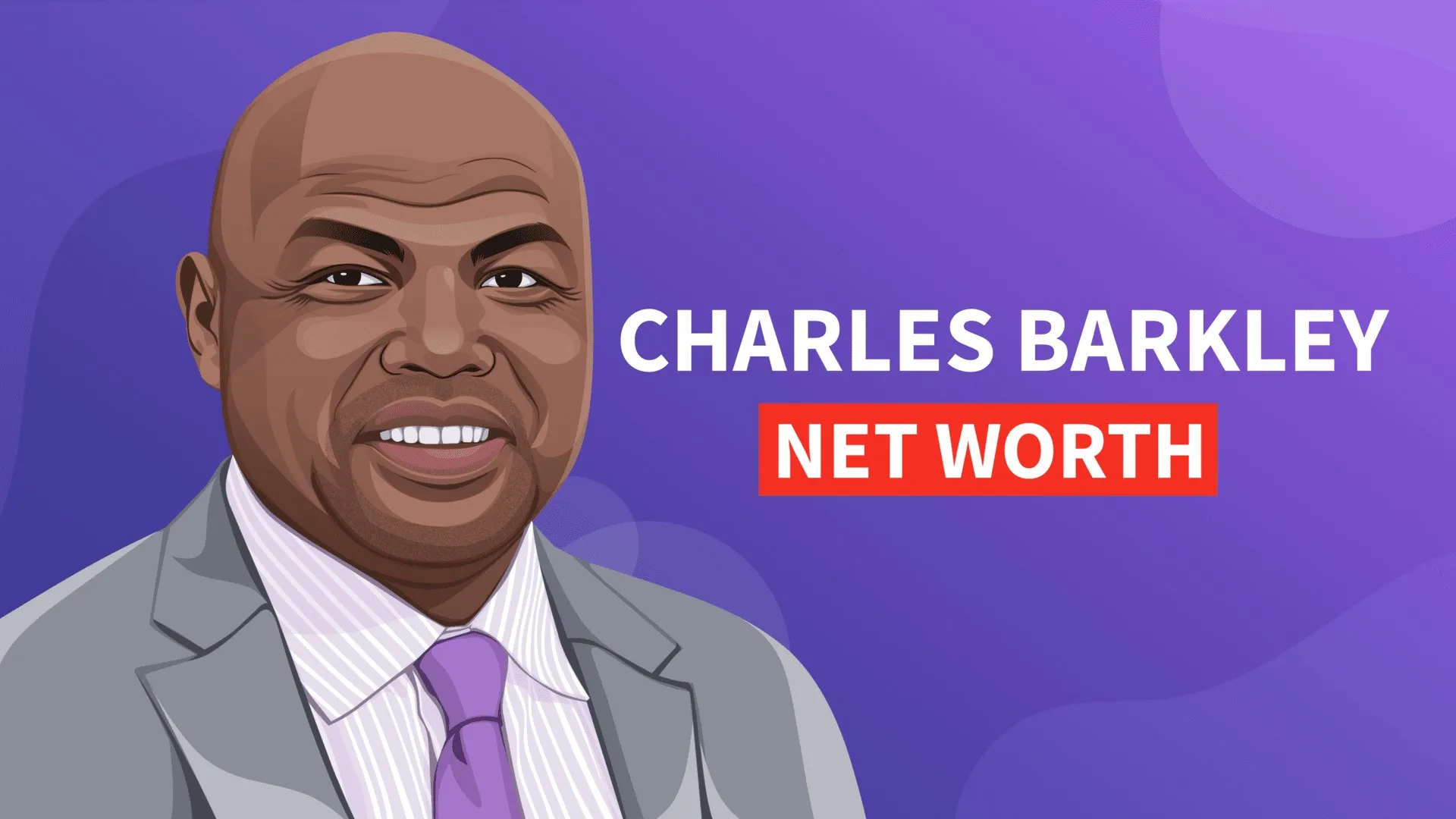
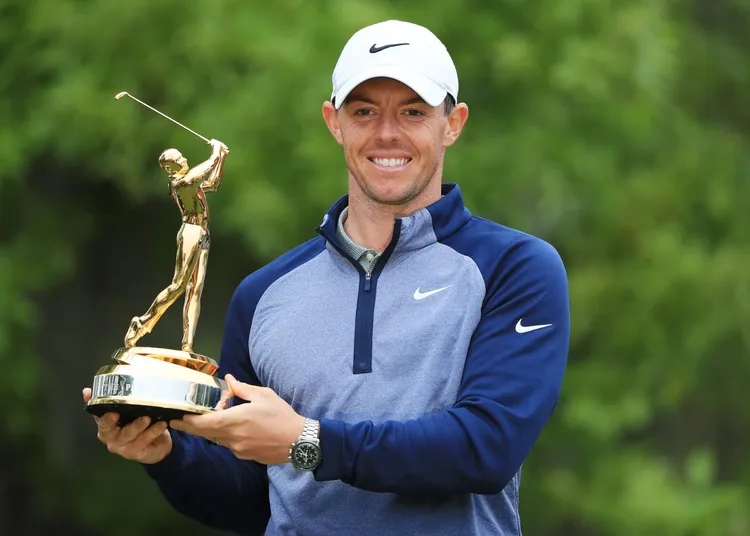

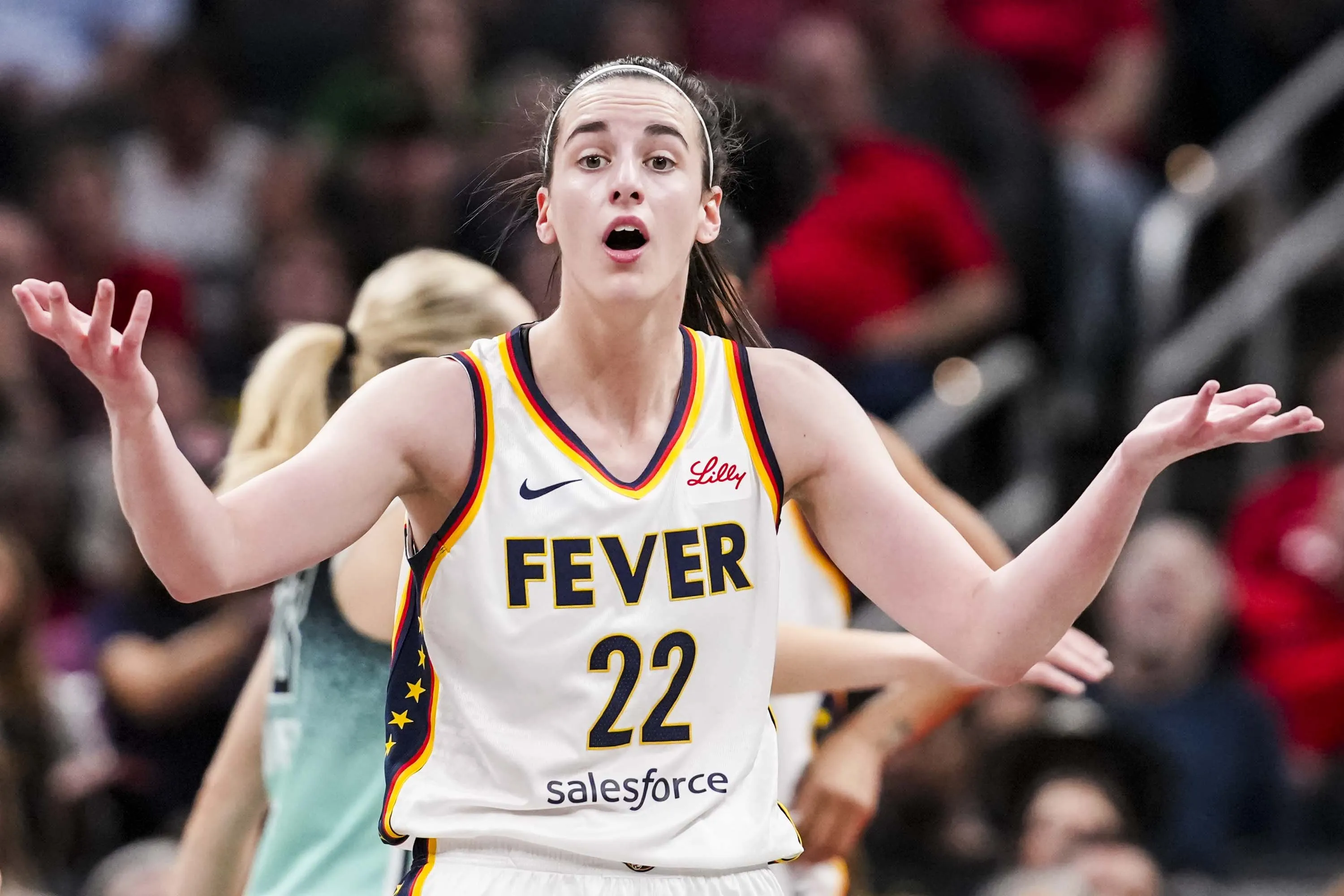
Nguyen Hoai Thanh
Nguyen Hoai Thanh is the Founder and CEO of Metaconex. With 12 years of experience in developing websites, applications and digital media, Nguyen Hoai Thanh has many stories and experiences of success to share.